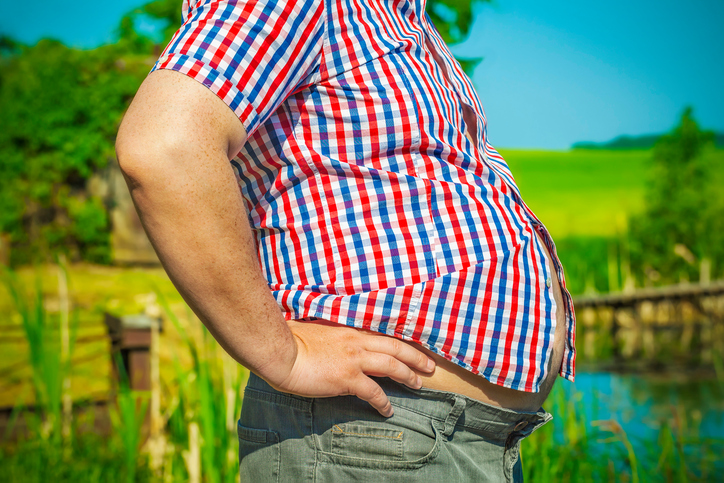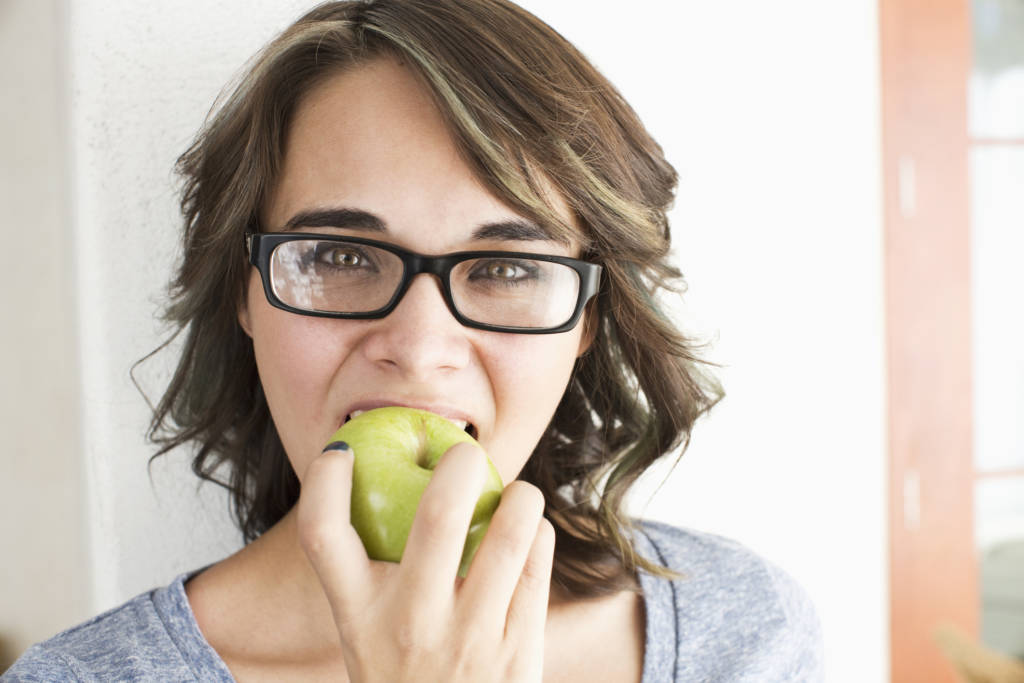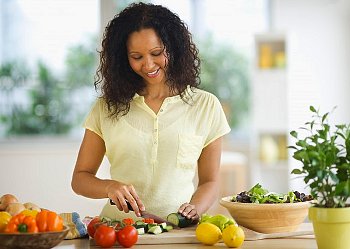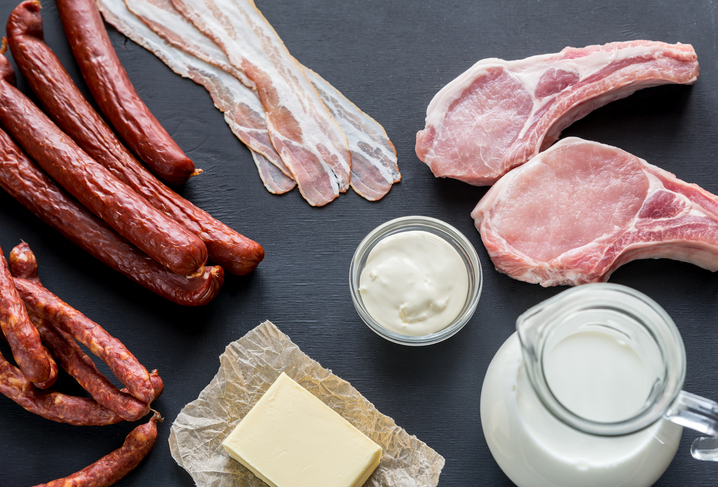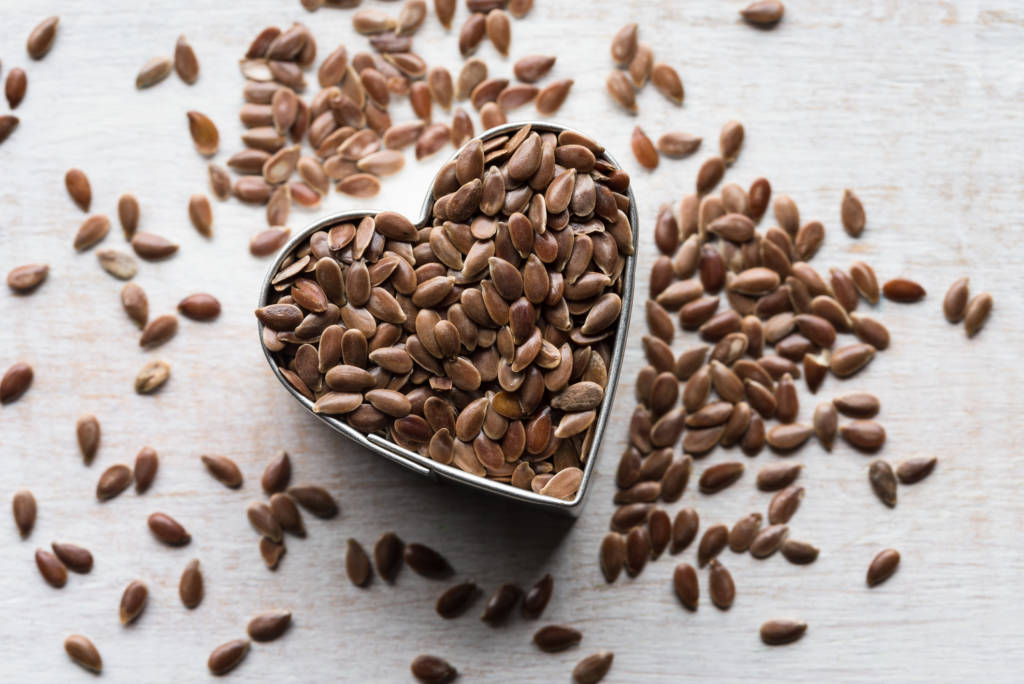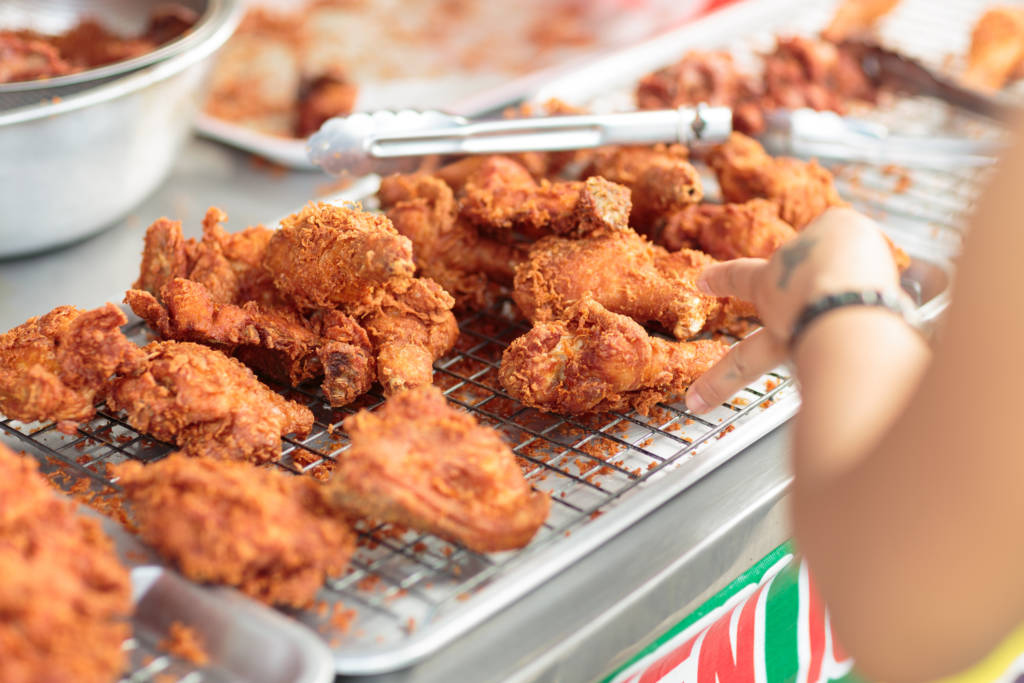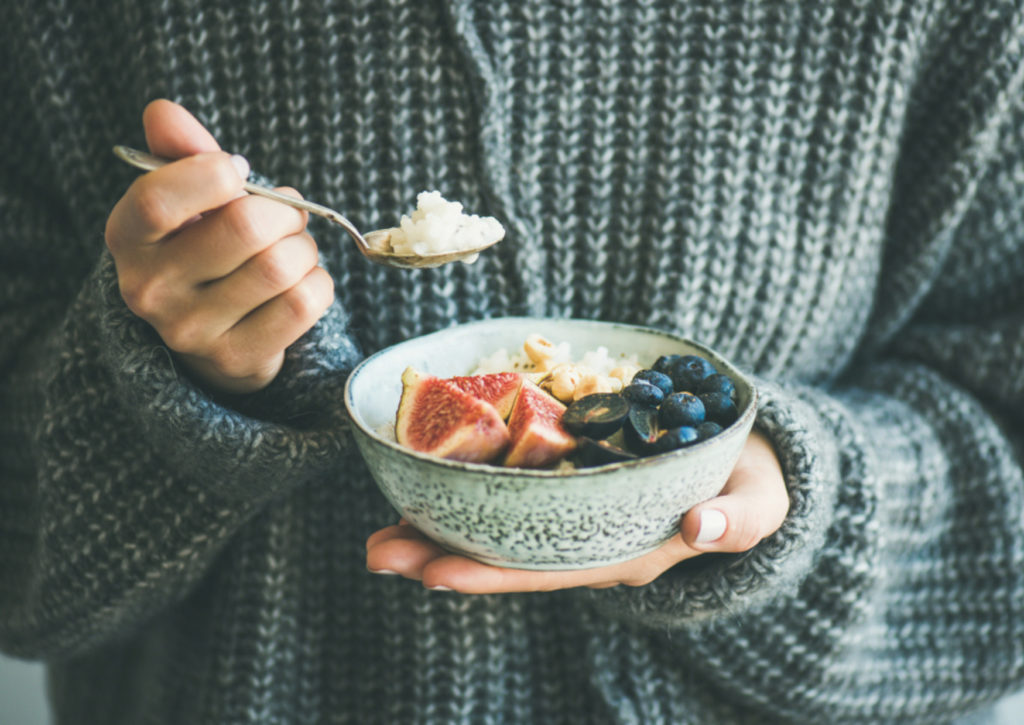
Jenny, my daughter Stephanie’s sister-in-law, is an eccentric and stubborn woman committed to promoting a healthy lifestyle. She constantly attempts new diets; the latest is the “macrobiotic diet.” Jenny believes it is the ideal solution to her health and wellness goals.
She gets up early daily and makes breakfast of brown rice and miso soup, steamed vegetables, and seaweed. In the afternoon, she eats fruit such as apples and oranges. However, there are days when she feels tired and dizzy, and she is unsure why. Now, Jenny does not know what to eat after her doctor recommended a break from the macrobiotic diet.
The macrobiotic diet is not only about a daily diet, but also about the importance of healthy habits. This diet focuses on locally grown and naturally prepared foods. For example, baked, boiled, or steamed foods.
In its strictest application, the macrobiotic diet resembles a vegan diet, except that some fruits and vegetables are not. Approximately 50% to 60% of the diet comprises whole grains, the remainder being vegetables, legumes, seaweed, and fermented soy products. It is possible to add small amounts of white fish and fruits. The proportion of animal foods represents up to 20% of the diet, with poorer meats, poultry, and their by-products.
What foods do you not eat? Fatty meats, dairy products, sugar, caffeine, refined flour, alcohol, poultry, zucchini, and potatoes should not be part of the macrobiotic diet. Some experts say this diet is an excellent way to prevent many cardiovascular diseases. But, the alleged risks of nutritional deficiencies are the reasons expressed by some experts.
In the 20th century, the Japanese George Ohsawa (18993-1966) established a dietary model close to Zen Buddhist monks, intending to balance their diet. The macrobiotic diet is based on the physiological bases of the Far East, on the principle of the yin and the yang of foods. You should not consume too much yin food (refined sugar, raw vegetables, tropical fruits, nuts, alcohol, etc.) or too much yang food (meats, poultry, refined salt, coffee, spices, etc.). Foods that fall between these extremes are whole grains, vegetables, seaweed, legumes, and white fish.
The usual recommendations for eating are identical to a regular diet: eat calmly, sit down, take the time to chew food well, and stop eating at the first signs of satiety.
The macrobiotic diet is fiber-rich (thanks to complete grains and vegetables) and can help combat possible constipation. Organic farming is a priority to reduce the presence of chemicals and pesticides harmful to humans.

